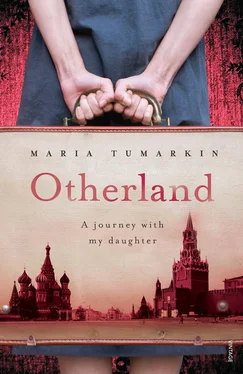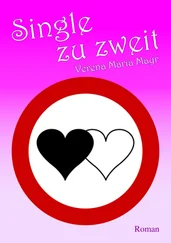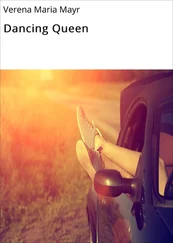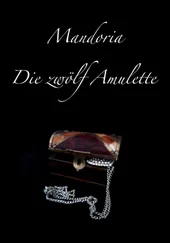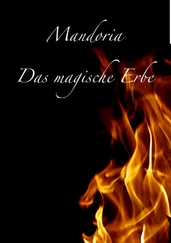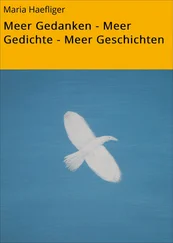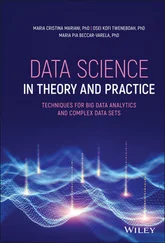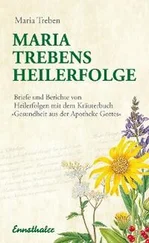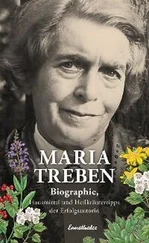By the time I was fourteen my aversion to school got so bad that my parents used some ill-defined semi-medical concern to organise a prolonged stay for me at a children’s hospital, where a friend was one of the top medicos; I put on ten kilos in a month thanks to a lethal mixture of boredom and hormone-based therapy that was administered mainly, I think, to justify my stay. I am, by the way, still trying to get rid of those ten kilos, but it was probably worth it. It kept me away from school, and, shortly afterwards, we left Kharkov. Who knows what would have happened if we had stayed.
In the hospital, I watched the very first television soap opera to be shown on Soviet screens, Escrava Isaura ( Slave Isaura ), a Brazilian series from the late 1970s, Brazil’s priceless gift to the Eastern bloc. Under the cover of this ideologically palatable story of oppression and subjugation of the poor, we were finally able to do as our Western counterparts had for decades – let ourselves become totally addicted to an unbelievable, atrociously acted character, whose unbelievable, atrociously acted suffering we could completely identify with. Never mind that we were closer to the outer rings of Saturn than to the obscure lives lived by plantation workers in South America. Looking back, I would say that it was the vast, underlying S&M component of Slave Isaura’s oppression and struggle that had such addictive qualities, and explained our propensity towards over-identification with its main character. I am talking about the female audience, of course. I have no idea what my male compatriots thought, whether the heaving bosoms of the slaves, the sexual overtones of oppression and submission, the storylines pressed to their pounding absolute outer limits, worked as well on them as it did on the female citizenry.
Escrava Isaura was a revelation to me, but not in the way you might expect. It showed that art for the masses could produce great, visceral pleasure and, not only that, it could do so by wallowing in the human. Official Soviet art for the masses was concerned with the elimination of pleasure, pleasure both as a driving force of human behaviour and as an integral part of any act of art consumption. Sanctioned Soviet art was interested in the post-human, in transcending our frail bodies and our petty-bourgeois pairing and nesting instincts. It was about sacrifice, ideals, climbing the highest mountain you could possibly find, giving birth in the fields and then getting straight away back behind the wheel of the tractor. You got stories about being human from so-called ‘high art’ – serious literature and cinema – but the art intended ‘for the people’ was rarely about people as people. In it, our humanity was the beast to be tamed, an existential challenge, an obstacle to the triumph of the Ideal. Soapy Escrava Isaura was a simple story about being human, and it was, in its kitsch way, cathartic. Real therapy.
This then was the world I was going to, I thought, when I left Kharkov in ’89; a world in which being human, making a mess out of your life was a right, an entitlement, and the theme of choice for all forms of art.
The Greek-born French novelist Vassilis Alexakis travels a lot between Greece and France. Every time he comes back to his home in Paris, he feels surprised to hear himself speak French for the first day or so. He puts off making that first phone call. When he finally calls, it is as if someone else speaks through him in his own voice. He reminds himself ‘of an actor watching himself dubbed on the screen’. Alexakis, it must be said, does not have any problems with French. In fact, he has spent nearly half his life in Paris, writing his stories in French and working for French-language newspapers. Many of us are like Alexakis – different people in different languages. For us, going from the old home to the new is not merely a question of mechanics, of some kind of a cultural and linguistic readjustment. It is a much deeper process, a rewiring of sorts.
‘Like everybody,’ writes Eva Hoffman, thirteen when her family emigrated from Poland to Canada in 1959, ‘I am the sum of my languages.’ But this equation, Hoffman says, is not as simple as it looks. In a new language we start off with words that are cold and empty at first, that do not ‘give off the radiating haze of connotations’, words without auras, words that do not evoke. And in that new language the world around us starts off as an abstraction too – hollow, shadowy and dried-up – for ‘this radical disjoining between word and thing is a desiccating alchemy’.
Yet our old language, the kind that filled and owned every inch of our old reality and lived experience, doesn’t work in this new reality; it fails miserably to capture and describe it. And so as we grow a language (and grow in and into that language), our new reality grows as well. These two processes are inseparable, perhaps they are simply one and the same. Inevitably, a different, new self is forged. Yet for a writer who eventually chooses their new language as their medium, like Alexakis and Hoffman have done (both are highly accomplished writers in their second tongues), no task is more pressing than to somehow recreate ‘that wholeness of a childhood language that had no words’.
One day it struck Vassilis Alexakis that his childhood and adolescence would never be part of anyone’s memory in France. In this place where he lives, no one had known him as he was growing up. And vice versa. ‘The only French people I’ve known all their lives,’ he writes, ‘are my children.’ Alexakis finds himself going between the place where most people’s memories hold no pictures of him as a child to the place where he remains virtually unremembered and unknown as an adult. Reading him, I realise that Billie is the oldest Australian I have known all her life, and that now she is coming with me to a place where most people remember her mother as an adolescent, someone only slightly older than her. She is coming with me to the place that I now cannot help but see through her eyes, at least to some degree. Or rather, I can no longer tell where what I see ends and what Billie sees begins.
Which explains the urgency of our trip. The last time we were in Russia together, Billie was slightly older than her brother is now, a toddler effectively, not yet fully a child. Her memories of that trip were created retrospectively from a plentiful supply of photographs – on one of her favourites she ran giddily in a gorgeous pink dress through a park in central Moscow that was immortalised in Bulgakov’s Master and Margarita ; on another she sat expertly in her aeroplane seat waiting for take-off with the mild irritation of a seasoned long-distance traveller on her face. As to Ukraine, I have never made it there till now, with or without Billie. Right now is my last chance to go back with her and still be the centrifugal force of our journey, exercising the course-setting and veto powers. It is, in other words, my last chance to have Billie follow me around, however begrudgingly, as her mother’s tail. In a year, maybe a few months, the tail will drop off, or the tail will be wagging the dog, and such a trip, if even possible, will be a different proposition altogether.
To put it plainly, I am trying to sneak in before the final severing of the umbilical cord, before Russia and Ukraine become my , not our , history. I am trying to go while a bit of our is still there, while we are still mixed up together, close enough to be able to infect each other with what aches and resonates deep within us.
Still in Melbourne, the closer we got to the D-day the more Billie’s excitement had to make room for growing anxiety and a kind of pre-emptive nostalgia for Australia and for Melbourne in particular. On the way to the airport, she asked us to make a small detour so we could drive past her school. (This is Billie with her hereditary ‘schoolophobia’.) The day before we left, my daughter walked around our neighbourhood streets listening on her iPod to the Sydney-based Whitlams and their rhapsody to Melbourne – the band’s lead singer once fell in love with a Melbourne girl and, at least for that moment, with her city as well.
Читать дальше
